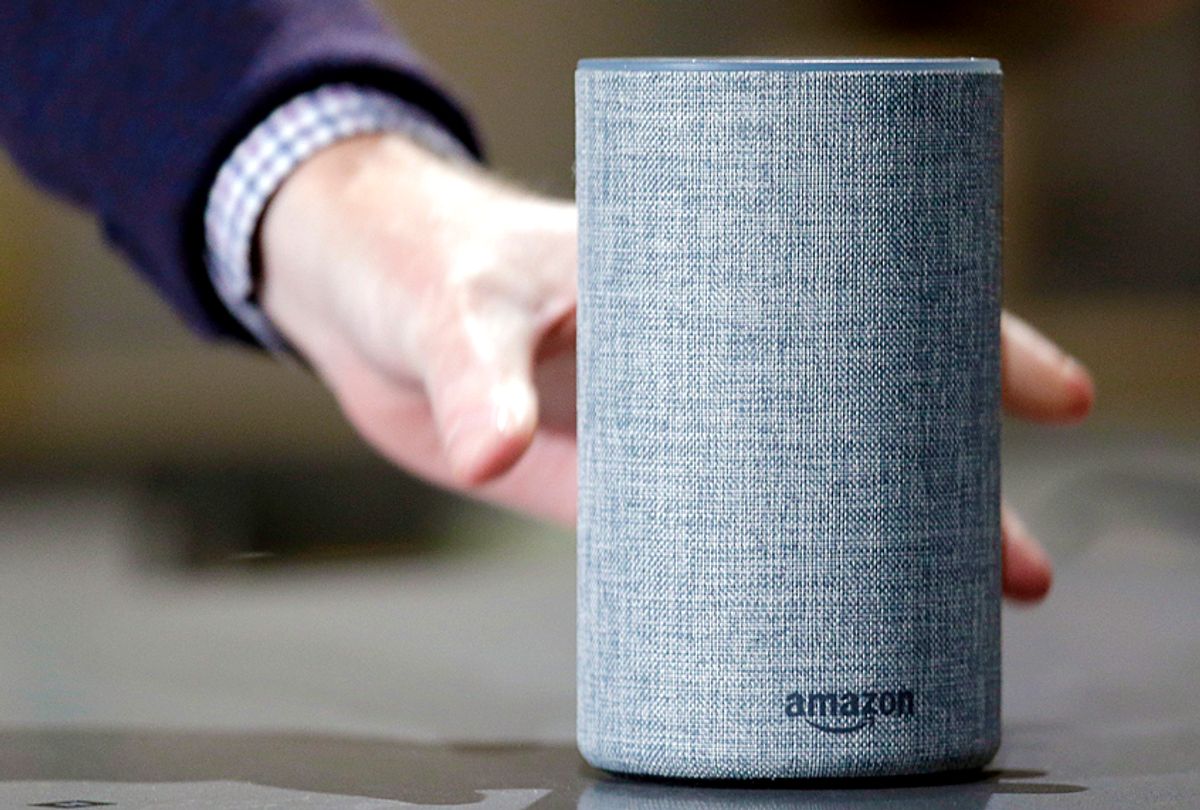Spending on smart home products will hit $123 billion by 2022 — or enough to buy everyone in the U.S. three Amazon Echo speakers. That figure is more than double the $56 billion spent in 2018, according to a new report from ABI Research.
Under that umbrella is more than you ever thought: not just speakers that listen for you to wake them up, but also devices that help manage health concerns, home entertainment, energy control, security, home maintenance and those that can bring personalization to someone's living space like lights that turn pink when your favorite John Hughes' flick is playing.
In fact, ABI Research identifies six giant categories, all impacted in some way by smart home devices — and companies are going to need to work together to fill the needs of what consumers are presumably look to add to their lives.
"A complete look at the entire ecosystem shows how the smart home is crossing over to smart mobility and ultimately smart cities, and this will require extensive collaboration among companies," said Stuart Carlaw, Chief Research Officer at ABI Research in a statement. "No one company can survive the smart home market alone."
While Amazon and Google appear to have the smart home market cornered with their speakers that can talk, read the news and control your door's lock — there are hundreds of brands making up the space. The number of talking, connected gadgets that speak with each other — and you — are growing, and quickly.
That's why ABI Research believes companies will start to work together — or look for consolidation opportunities to gain market edge. Take Google's decision to recently fold IoT spin-off Nest back into its giant arms under its smart home umbrella. Nice S.p.A announced its purchase of smart automation company Fibaro this month, Amazon added to its smart home warehouse of brands by buying smart doorbell maker Ring in February, and security company Assa Abloy acquired smart lock maker August Home in 2017.
Already, one out of every six adults in the U.S. own a smart speaker. People are actually eager to give these devices more permission than just barking out whether rain is on the horizon. Smart gadgets are already able to monitor the activity inside someone's home with security cameras and mobile apps, and even detecting what's happening with someone's body — and consumers are expected to want more of these features, not less.
It's not that difficult to launch a new smart device. Crowdfunding sites make it fairly simple to raise funds just by enticing consumers with a well-crafted video, making it seem they're ordering a product, when they're actually investing in a concept.
While bigger, more established brands certainly have an advantage with consumers, to continue to keep their market cornered, "…established companies must diversify and collaborate to increase their share of the smart home market," said Carlaw. At $123 billion, it's certainly a share worth quite a bit.


Shares